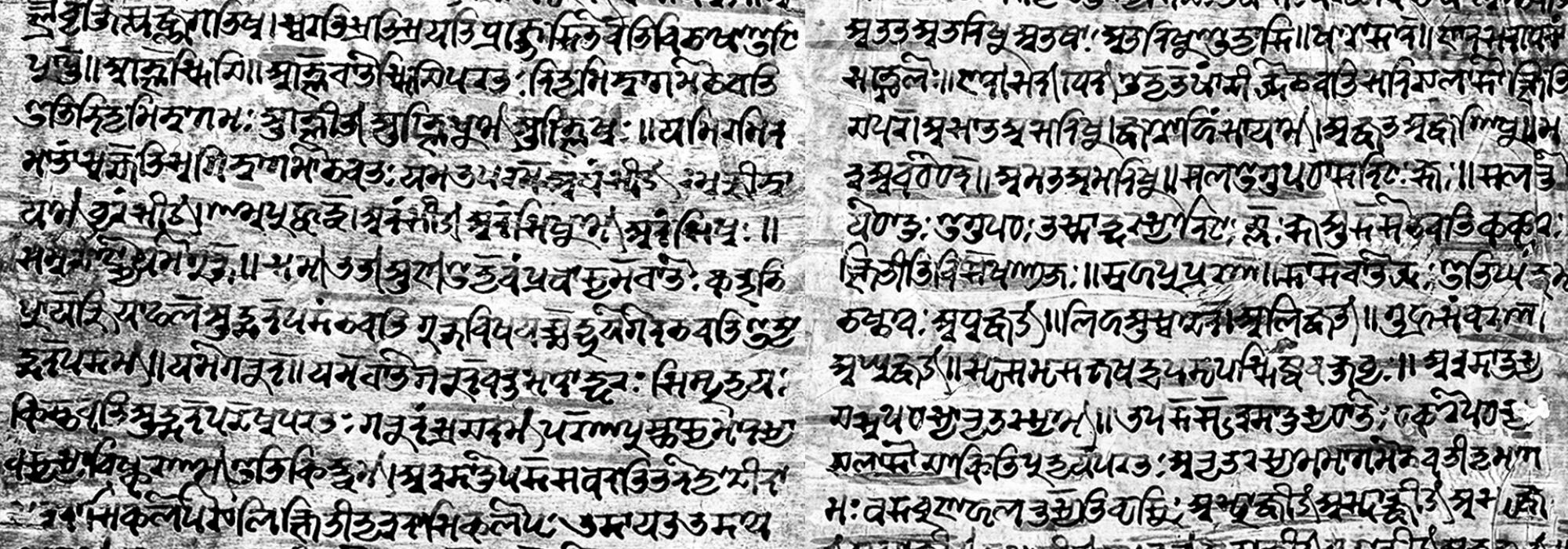काले माषं सस्ये मासं वदति शकासं यस्य सकाशम् |
उष्ट्रे लुम्पति षं वा रं वा तस्मै दत्ता विकटनितम्बा ॥
kaale maasham sasye maasam vadati shakaasam yasya sakaasham |
ushtre lumpati sham vaa ram vaa tasmai dattaa vikatanitambaa ||
From time immemorial in India, Kashmir has been the subject of Sarasvati’s choicest, unbridled blessings. Sanskrit, the ‘well-done’ language, has benefitted immensely from the sons and daughters of this land, who have contributed to its overall development. In the Pravarapura province of this land, there lived a poetess during 7th century C.E. She was known in her circles as Vikatanitamba. The same name has come down to us; we don’t know her real name.
She was the favourite pupil of Govindaswami. Under him, she mastered grammar and logic. She was also steeped in literature, and her linguistic prowess helped her blossom into a distinguished poet. Rudrata, Vamana, Bhoja, Ruyyaka, Jalhana, Sharngadhara, Rajashekhara – all have paid glowing tributes to her in their works.
Fate planned an unhappy twist in Vikatanitamba’s tale. Though brimming with unmatched poetic excellence, she was married off to a dunce. This terrible twist made everyone around her flabbergasted. They were sad as much as they were helpless. Dejected and amused by this, a friend of hers sang this verse describing the state of affairs.
He always mixes up माष and मास
Speaking of time, he says माष, and calls grains मास
In his tongue, सकाशं turns into शकासं, and
उष्ट्र loses either ष or र
To him Vikatanitamba is given in marriage
What an irony! The celebrated poetess known for her felicity in performing skillful poetic acrobatics is married off to a thick-tongued fool who can’t tell ष from स. What more – the simple, three-syllabled word उष्ट्र (camel) is turned into either उट्र or उष्ट. And सकाशं (near) becomes शकासं, which is not even a word. Such verbal monstrosities!
The aesthetician Namisadhu gives us the details of this apocryphal tale.
Translated from Kannada by Shashi Kiran B. N.
(The original article is from the anthology Kavitegondu Kathe.)













































